Elections in the West are masking an irreversible hidden process
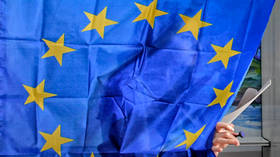
One of the signs of the times is the global trend towards personality cults and the irremovability of leaders. And apparently, liberal societies in the West are also moving in this direction.
The current situation in the leading Western countries may be called a crisis of their political systems, but this is only the tip of the iceberg – in reality, we’re observing a far bigger issue. This is not the first time it’s happened since World War Two (recall the situation in the 1960s and ‘70s), but the depth and scale of the changes which are taking place in the world today suggest that the time is ripe for major changes in global institutions, including the electoral system.
The most important mechanism
Western propaganda has convinced us that elections are the result of fair competition and almost anyone can come to power as long as their ideas are supported by a sufficient number of people. Of course, this is not the case – no country would be able to function if it radically changed course every few years.
In reality, these elections are the final stage of the legitimization or, so to speak, public approval, of ideas and people that have undergone a long selection process by the ruling class. In an ideal world, this system supposes a perfect feedback loop – if the country and society are moving in the wrong direction, this is reflected in the elections; then, new people with new ideas make their way into politics, and the country adjusts its general course without suffering unnecessary shocks. Since healthy societies prefer stability and predictability, any populist or extremist forces would have no chance of coming to power.
However, in fact the political system is aimed at self-preservation, and for the sake of long-term stability it doesn’t want to bring in new blood. As a result, once meaningful and fundamental political ideas eventually mature into a set of mechanically repeated dogmas. Public discontent accumulates over the years and eventually gives rise to counter-elites, which grow stronger and could come to power in the end. The popularity of extreme right or left forces is the first sign of a crisis in society.
This is exactly what happened in the West after the Cold War. Over the past 30-40 years, Western elections have turned into a sham. Of course, it doesn’t look as bad as the Soviet system with its single candidate. But a competitive atmosphere doesn’t necessarily mean that there are alternatives – and until recently all Western candidates had to fit into a single mainstream liberal agenda.
A candidate or party could be slightly more “rightist” or “leftist,” but the general political course was never adjusted and any such attempt was considered heresy. As a result, these votes have lost their main function: to monitor popular sentiment and smoothly adjust the political course.
The weakening of the electoral system has led to the loss of public feedback. These days, any Western politician can understand the words of late Soviet leader Yuri Andropov, “We don’t know the society we live in.”
However, instead of acknowledging this fact, we see almost complete denial. We are doing everything right, the West says, but dark forces are viciously oppressing us; it’s their fault, so we need to unite around the leader/ the party/ our ideals; we can’t let the enemies of democracy come to power.
The disintegration of the liberal-globalist system is a historically objective process, and the traditional electoral system is falling apart together with it. However, it is interesting that the lies of the old elites, who are desperately looking for ways to prevent non-systemic forces from coming to power, have greatly accelerated this process and have devalued the electoral system even more.
Instead of trying to fix this malfunctioning fundamental social mechanism, the elites are destroying it with their own hands. And this will have far-reaching consequences.
We’ve been here ourselves
Russia knows what happens when you replace politics with political engineering – this happened in the 1996 presidential elections in Russia. At the time, the Communist Party, headed by Gennady Zyuganov, competed with then-President Boris Yeltsin, whose popularity was rapidly falling, and the new post-Soviet Russian elites faced the prospect of full-blown communist revival .
Today, leading Western democracies are replaying that scenario. French liberals published an almost literal copy of Yeltsin’s election newspaper (which was titled ‘God Forbid!’), and their US friends want an incapacitated old man to run for president and to prosecute his opponent.
Yeltsin managed to win the 1996 election and later, without discrediting himself, appointed a successor, thereby laying the foundations of modern political power in Russia. But unlike him, it seems that [US President Joe] Biden and [French President Emmanuel] Macron are doomed to fail.
The Democrats are not able to present Biden as a strong candidate, but they have no backup plan, and last-minute attempts to replace Biden will only lead to a major fight within the party. The outcome of the presidential race is becoming increasingly unpredictable, and in this situation anything is possible, even an assassination attempt on Biden’s main competitor, Donald Trump.
As for Macron, he has obviously outsmarted himself. As a result of his own decision to call a snap election, he is about to be defeated and lose his majority in the parliament. France may face three years of chaos with the bleakest of prospects for the liberal ruling class.
Similar processes are going on in other Western countries. The 2024 G7 summit in Italy proved this point. Out of the seven leaders of the “free world,” only Italian Prime Minister Giorgia Meloni could not be called a lame duck – and she came to power as a representative of right-wing forces but was forced into a mainstream political course.
What we’re seeing now is an important historical moment, but for the sake of this article it is even more important to note what will happen next. Not all liberal republics will survive this crisis. The formation of new ideologies will require a strong centralized government and a strong leader.
This figure will either be chosen by the elites who are concerned with preserving their country, or will come to power “from below” – i.e., by means of a revolution and the re-establishment of the state. In any case, as a result of the current crisis, elections will lose their value.
Of course, no one will crown yesterday’s presidents and proclaim them emperors. Elections will probably continue to exist, but instead of being the final stage of an intra-elite competition that runs according to a pre-approved scenario, they will turn into referendums where the people will back the leader they trust.
Of course, by traditional liberal-globalist standards, this is undemocratic. However, democracy has become mainly effective feedback from the masses to the elites that allows the country to correct its domestic and foreign policy.
As we mentioned above, in the West this function has been lost, which means that democracy itself has been also. The system that will come to replace it will require its own feedback mechanisms (not necessarily through elections), and its nature will be determined by the effectiveness of these.
In the meantime, take the time to appreciate current events. They are not something you see every day.
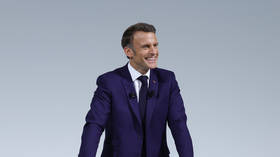
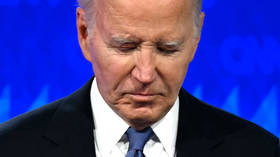
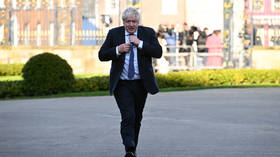
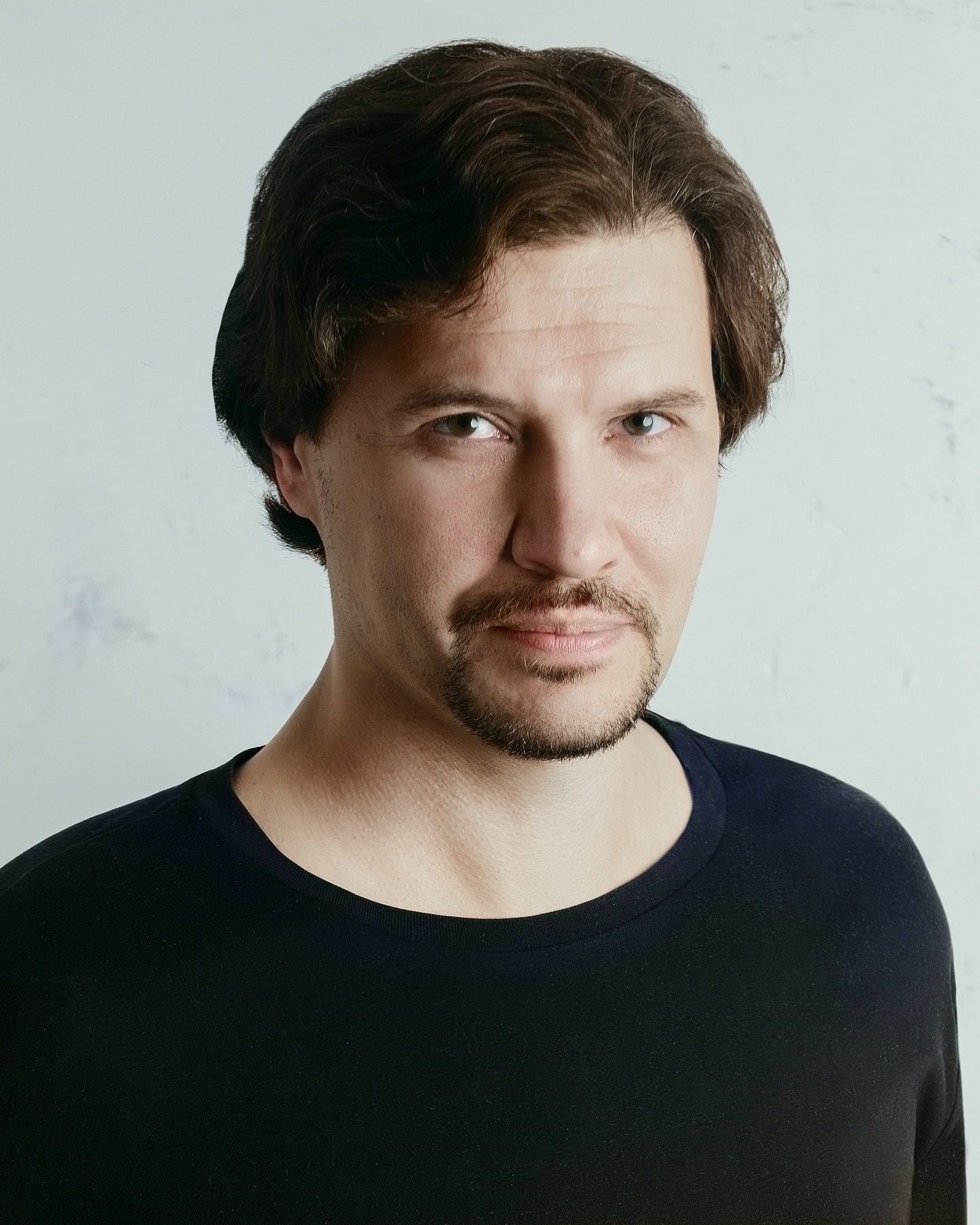
No comments:
Post a Comment